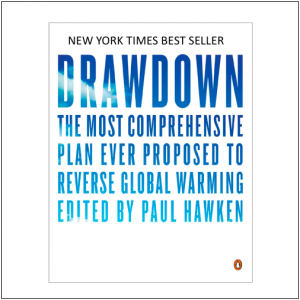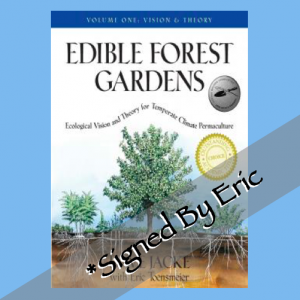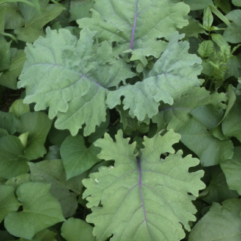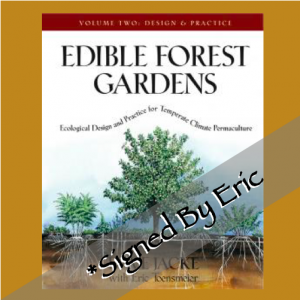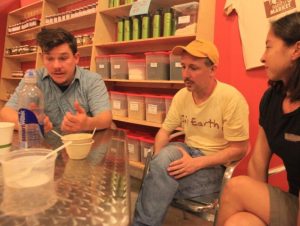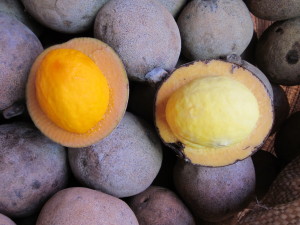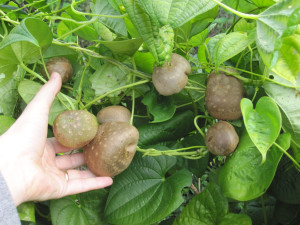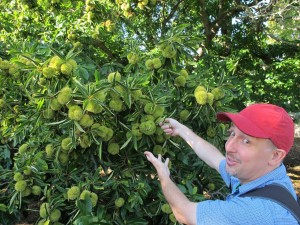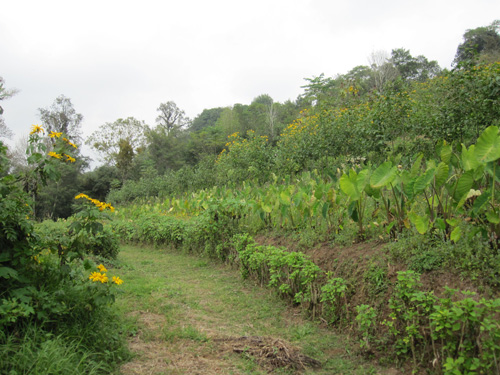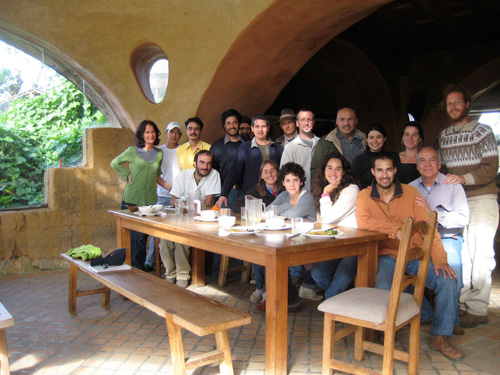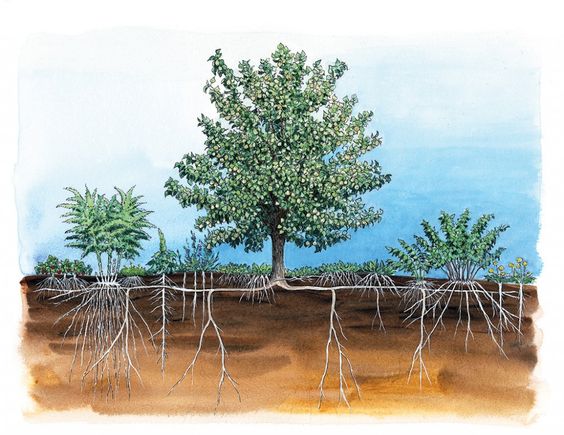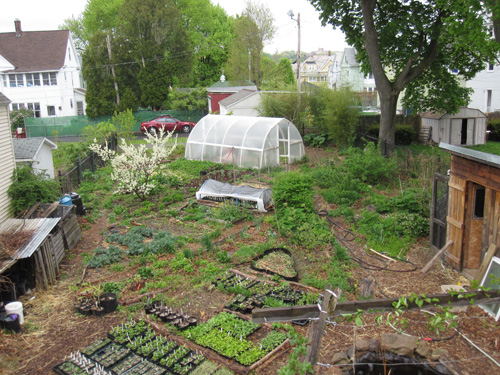

This menu shows some of the workshops that I offer. All are available in English and Spanish. Please check out upcoming events or contact us if you are interested in hosting a workshop, presentation, or keynote. All topics are available as brief presentations or evening workshops, and many are available in weekend or longer formats.
I’m an experienced and engaged presenter and was recently awarded the Ecological Landscaping Association 2010 Best Conference Presentation award.
EDIBLE FOREST GARDENS and EDIBLE PERMACULTURE
Edible Forest Gardens
Edible forest gardens are edible ecosystems that mimic the structure and function of natural forests, while producing food and other useful products. Trees, shrubs, vines, perennials and fungi work together in polycultures to create low-maintenance gardens or larger productive landscapes. Includes profiles of regionally appropriate species. Five-day intensive, weekend, one-day, and evening formats available.
Edible Landscaping
Edible landscaping is increasing in popularity throughout the country. By emphasizing low-maintenance perennial crop species and designing for preventive pest control, landowners receive additional value and backyard abundance. Includes profiles of regionally appropriate species.
Perennial Polyculture Design
How can you design an edible garden that works like a healthy ecosystem? Learn simple guidelines, based on real experience, for designing “polycultures” of several species. Small-group design exercises will give participants the tools to create productive harvests and positive relationships between plants in your forest garden.
Perennial Vegetables
An overview of long-lived nutritious vegetables that provide years of harvests. Includes profiles of regionally-adapted species, general tips for growing perennial vegetables, and the larger context of perennial agriculture’s contribution to sustainability.
CARBON FARMING and CLIMATE-STABILIZING AGRICULTURE
Breeding Perennial Crops
Perennial crops are an essential component of a carbon-sequestering agriculture, and offer numerous other agroecological benefits. However, many of the candidate species for the Northeast require breeding work. This workshop will provide an introduction to concepts of plant breeding, which is in many ways no more complicated than seed saving. We will discuss the Land Institute perennial grain and Badgersett chestnut and hazel breeding projects, and suggest projects for backyard breeders.
Commercial Food Foresty
How are farmers taking the edible forest garden model to a farm scale? This workshop presents enterprise options (products and services), marketing strategies, and equipment and infrastructure requirements for regenerative perennial farming systems. Also presents case studies of food forest businesses.
Carbon Farming: Regenerative and Perennial Agriculture for Climate Stabilization
Reviews the potential for carbon-sequestering agriculture to address multiple problems. Includes carbon calculations, perennial farming practices, perennial staple crop species, climate and food justice issues, and policy changes to encourage carbon farming. Weekend format available.
Perennial Crops with Potential for the Northeast
Get to know hardy perennial crops that are ready for commercial production. We will focus on less-known species including perennial vegetables. They have potential as new specialty crops for marketing to restaurants, farmers’ markets, and particularly for CSAs. Including perennial salad crops, braising greens, broccolis, edible shoots, and cut flowers, with coverage of a few nuts and fruits.
Perennial Staple Crops of the World
Perennial staple crops are long lived plants that provide the protein, carbohydrates, and oils we need as the basis of our diet. Meanwhile these plants are sequestering carbon, building soils, stabilizing slopes, and providing other agroecosystem benefits. Perennial staple crops are also more resilient in the face of extreme weather events, which are becoming ever more common. Covers species from all major world climates, and includes species under development as well as established crops.
PERMACULTURE BUSINESS AND ECONOMIC DEVELOPMENT
Exploring the Small Farm Dream
Decision-making course for aspiring farmers. Is farming as a business right for you? Participants perform self-assessment and begin developing farm business ideas. Offered through New England Small Farm Institute and Massachusetts Department of Agricultural Resources. Four-week course.
Planning Your Small Farm
For graduates of Exploring the Small Farm Dream, this course helps set priorities and chart a course for research and establishment of a commercial farm operation. Participants flesh out their farm plans, addressing enterprises, markets, location, land capability, and financing. Offered through New England Small Farm Institute and Massachusetts Department of Agricultural Resources. Four-week course.
Permaculture for Economic Development
Economic development is an underexplored aspect of permaculture. This presentation reports on a decade of experimentation in creating functionally interconnected businesses in an urban setting. Presents principles that participants can apply in their own communities.
Regenerative Enterprise Development
This course looks at the business aspects of larger scale permaculture – how to develop a product mix, marketing strategies, and cash flow plan that will mesh with a larger permaculture site design or farm plan. Weekend format available.


